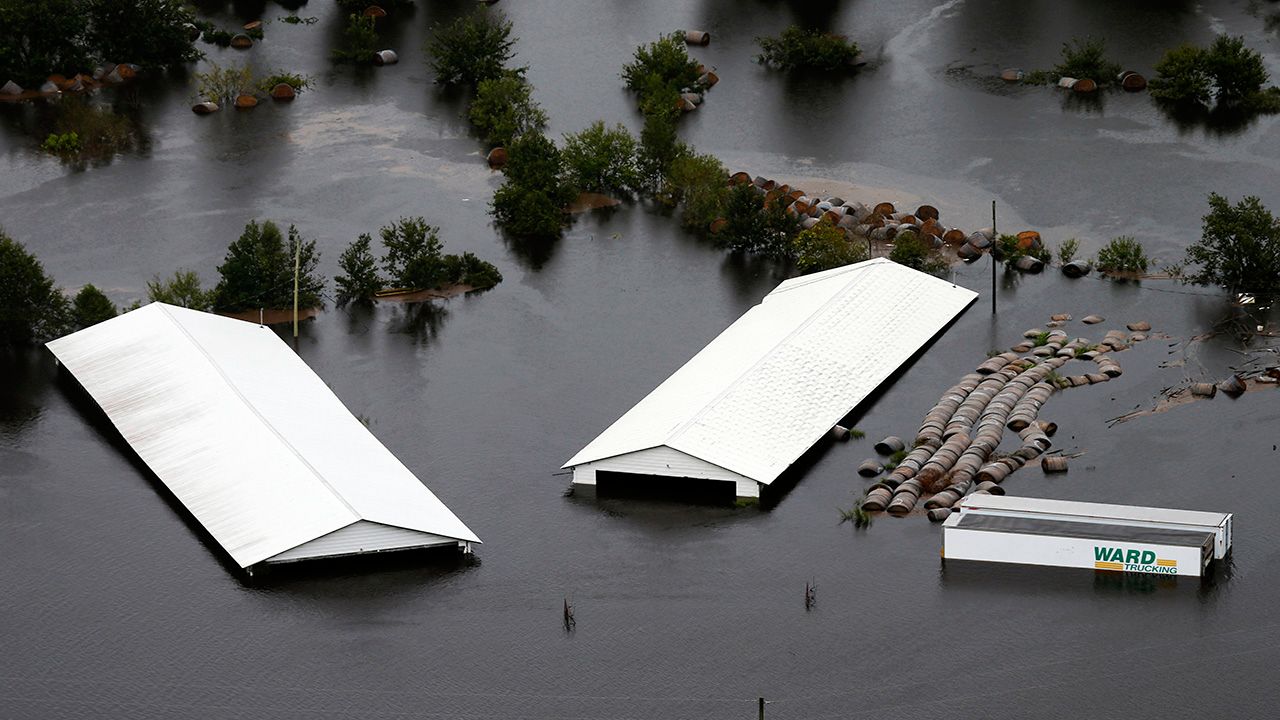RALEIGH, N.C. — As hurricane season approaches, it is crucial to be prepared for the impact of these powerful storms. In an interview, Michael Brennan, the director of the National Hurricane Center and a graduate of N.C. State, shares insights into his career in tropical meteorology and offers advice on hurricane preparedness.
Brennan is the 14th director of the center in Miami. He began his role in April.
His job is to oversee the operations and activities of the center, which is responsible for providing forecasts, advisories and warnings related to tropical cyclones. He communicates information on any imminent storms with the NHC's partners and the public.
Hurricane season officially begins June 1.
Brennan's interest in meteorology began at a young age, fueled by his experiences with diverse weather patterns in southwestern Virginia.
Inspired by his curiosity, he pursued his education at N.C. State, earning his bachelor's, master's and doctorate degrees in meteorology. Although his focus during his doctorate was on mid-latitude weather systems, Brennan developed an appreciation for tropical meteorology during his time at N.C. State.
His exposure to active hurricane seasons and research opportunities led him to the National Hurricane Center.
During his tenure as a hurricane specialist at the center, Brennan worked on several notable storms, including Hurricane Florence.
This hurricane had a significant impact on North Carolina, necessitating careful forecasting and communication of potential risks.
Brennan was working at the center the afternoon before Florence made landfall and issued some of the final advisories before the eye of the storm reached Wrightsville Beach.
Florence's substantial size, movement and wind pattern prompted many different weather alerts, including water hazards. The storm surge warnings and the catastrophic freshwater flooding it caused underscore the importance of preparation and proactive responses.

Brennan advises we stay updated on the latest forecasts and advisories issued by reputable sources, such as the center, to understand the potential risks associated with approaching hurricanes.
Take storm surge warnings seriously and heed evacuation orders to protect yourself and your loved ones from life-threatening coastal flooding.
Prepare for potential freshwater flooding by understanding your area's vulnerability to heavy rainfall and ensuring you have emergency supplies, including food, water and medications.
With North Carolina experiencing an influx of residents over the past five years, including those who may not have encountered major hurricanes, Brennan says it's important to understand the risks of living in hurricane-prone areas.
Hurricanes are not solely a coastal concern, as significant impacts can be felt throughout the state, he says. Water hazards, particularly freshwater flooding, have claimed numerous lives in recent years.
Educate yourself about the hurricane risks specific to your region, including both coastal and inland areas, to make informed decisions about preparation and safety measures.
Be ready for water hazards by creating an emergency plan, getting flood insurance and staying informed about local flood-prone areas.

Encourage community engagement by spreading awareness and sharing hurricane preparedness resources with new residents, neighbors and friends who may not have hurricane experience.
Brennan provides valuable guidance for individuals and communities as they prepare for the 2023 hurricane season. By recognizing the risks, staying informed and taking proactive measures, everyone can contribute to creating a resilient and prepared society. As hurricane season unfolds, let us remember the importance of preparedness, vigilance and supporting one another in the face of these powerful natural phenomena.



